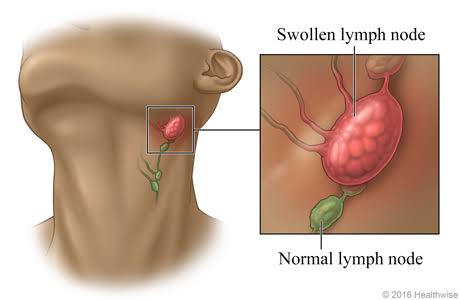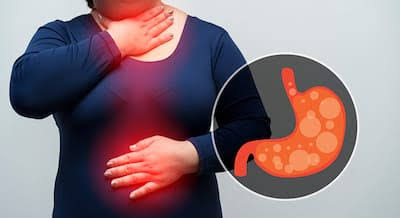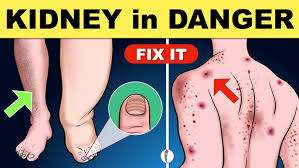Understanding your health is vital, especially regarding sexually transmitted infections like HIV. Early detection can significantly impact your overall well-being and the effectiveness of treatment. If you begin to notice certain signs in your body, it’s crucial to check your HIV status. Here are five signs to watch for:
1. Unexplained Fatigue
Feeling persistently tired or fatigued is one of the most common symptoms associated with HIV. This isn’t just typical exhaustion from a busy lifestyle; it’s a deep-seated fatigue that doesn’t improve with rest. HIV can affect your immune system, leading to chronic fatigue as your body works harder to fight off infections. If you find that You’re exposure. These can include:
1. Fever: A common early sign, fever often accompanies viral infections. A persistent or high fever can indicate the body’s response to the virus.
2. Fatigue: Unexplained fatigue that does not improve with rest may signal the onset of HIV. This can be more pronounced in women who juggle multiple responsibilities.
3. Swollen Lymph Nodes: Lymph nodes, particularly in the neck and armpits, may become swollen as the immune system responds to the virus.
4. Sore Throat: A sore throat can accompany other symptoms, making it easy to dismiss as a common cold or flu.
5. Muscle and Joint Pain: General aches and pains can occur, mimicking other viral infections.
Intermediate Symptoms
As the infection progresses, women may experience more specific symptoms that could indicate the need for medical evaluation:
1. Skin Rashes: HIV can cause various skin issues, including rashes that can appear anywhere on the body. These rashes can be itchy and persistent.
2. Weight Loss: Unexplained weight loss, especially when accompanied by a loss of appetite, may be a significant red flag.
3. Night Sweats: Profuse sweating at night, often soaking clothing and sheets, can be an indication of HIV progression....Read Full Article [Click Here>]
4. Menstrual Changes: Women may notice changes in their menstrual cycles, such as irregular periods or increased menstrual pain, due to hormonal fluctuations influenced by the virus.
5. Recurrent Infections: Frequent infections, including yeast infections or urinary tract infections, may signal a weakened immune system.
Advanced Symptoms
If left untreated, HIV can progress to AIDS (acquired immunodeficiency syndrome). At this stage, symptoms become more severe:
1. Chronic Diarrhea: Ongoing digestive issues can arise, leading to dehydration and weight loss.
2. Persistent Cough: A chronic cough that does not respond to treatment may indicate opportunistic infections.
3. Shortness of Breath: Difficulty breathing can arise from infections in the lungs, which are more common in advanced HIV.
4. Neurological Symptoms: Women may experience confusion, memory loss, or other cognitive issues as the virus affects the brain.
5. Severe Fatigue: Extreme tiredness that interferes with daily activities can be a significant sign of progression.
Conclusion
Women experiencing any combination of these symptoms should seek medical advice promptly, especially if they have engaged in behaviors that increase their risk for HIV, such as unprotected sex or sharing needles. Early diagnosis through testing is critical in managing HIV effectively and improving long-term health outcomes. Regular check-ups and open communication with healthcare providers are vital for maintaining overall health and well-being. Being informed about the symptoms of HIV empowers women to take control of their health and seek the necessary support.





